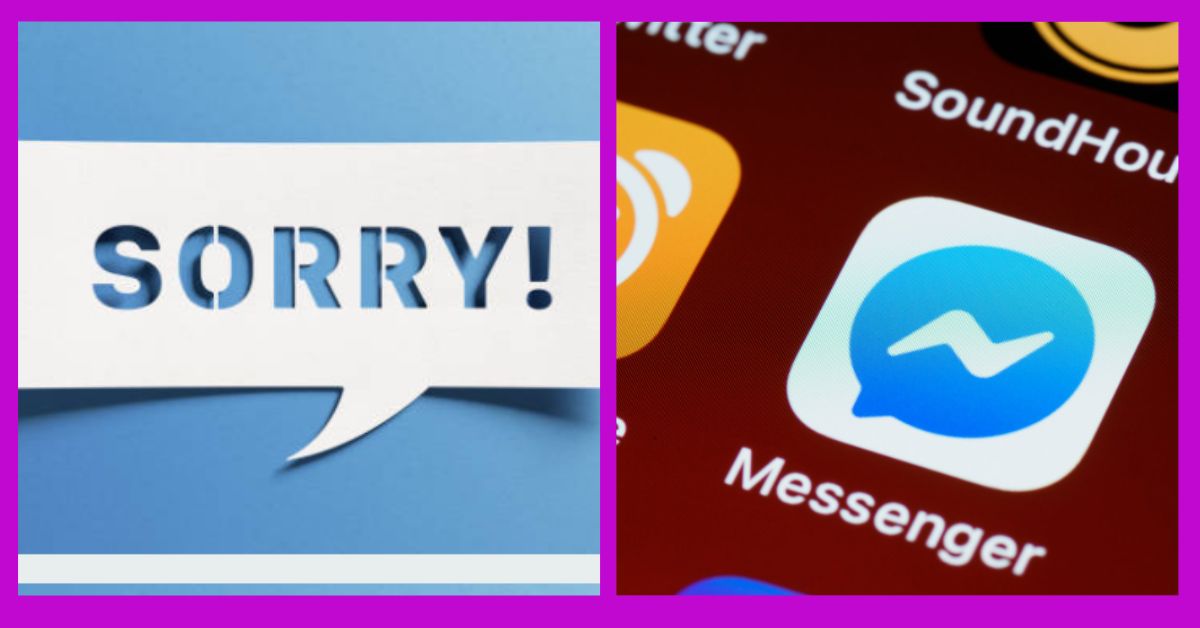In the current digital era, disagreements or miscommunications can occasionally result in someone being blocked on social media sites.
But as time goes on and emotions shift, there may come a moment when making amends appears like a good idea.
This handbook sheds light on the emotional components and the process of repairing these online rifts by exploring the relevance of unblocking and the possibility of reconciliation following digital disagreements.
Recognizing the Importance of Unblocking
Social media blocking usually happens after awkward conversations or disputes.
It serves as a way to create distance, end communication, or protect oneself from potential harm.
However, the decision to unblock often indicates a shift in attitude or a desire to mend damaged virtual ties.
Recognizing the Emotional Impact
Reblocking someone following an online argument might elicit a wide range of feelings.
- Hope for Resolution: We wish to make amends and put the disagreement behind us.
- Anxiety or apprehension: worries about unresolved problems or possible bad interactions.
- Curiosity: trying to figure out if the other person has evolved or gained insight.
The Process of Unblocking
On different social media networks, unblocking someone involves different steps:
- Facebook: Click the blocked icon on the user’s profile and confirm the unblocking process.
- Twitter: Select “Blocked Accounts,” then “Settings and Privacy,” to unblock the user.
- Instagram: Open the profile, click “Unblock,” and then confirm that the block has been lifted.
Approaching Reconciliation After Unblocking
After you’ve unblocked someone, making amends requires thoughtful thought and honest dialogue.
- Examine your motivations for unblocking and determine whether you’re ready to communicate.
- Open Dialogue: If both people are willing to talk, start a conversation with them.
- Respect Boundaries: Establish unambiguous boundaries and be transparent about what is expected of you going forward.
Benefits of Reconciliation
After unblocking, reconciliation can result in several advantageous effects.
- Closure and Resolution: Resolving unresolved problems can be achieved by addressing previous concerns.
- Restoring friendships or ties that were damaged by online conflicts is known as the “restoration of connections.”
- Personal Development: Developing more positive digital relationships and taking lessons from previous conflicts
Navigating Potential Challenges
While reconciliation is desirable, it’s essential to navigate potential challenges:
- Risk of Repeated Conflicts: Acknowledge the potential for recurring conflicts if underlying issues aren’t addressed.
- Respecting Choices: Accept that reconciliation might not be possible if both parties aren’t willing or ready.
- Self-Care: Prioritize emotional well-being and step back if interactions become distressing.
Conclusion
Unblocking someone and contemplating reconciliation after digital disagreements involve navigating a complex emotional terrain.
It’s a process that requires introspection, open communication, and a willingness from both parties to reconcile and move forward positively.
By recognizing the emotional impact, approaching reconciliation thoughtfully, and respecting boundaries, individuals can pave the way for healing digital wounds and potentially rebuilding connections that were once strained.
Ultimately, the journey towards reconciliation is about understanding, growth, and fostering healthier digital interactions in our evolving online landscape.
